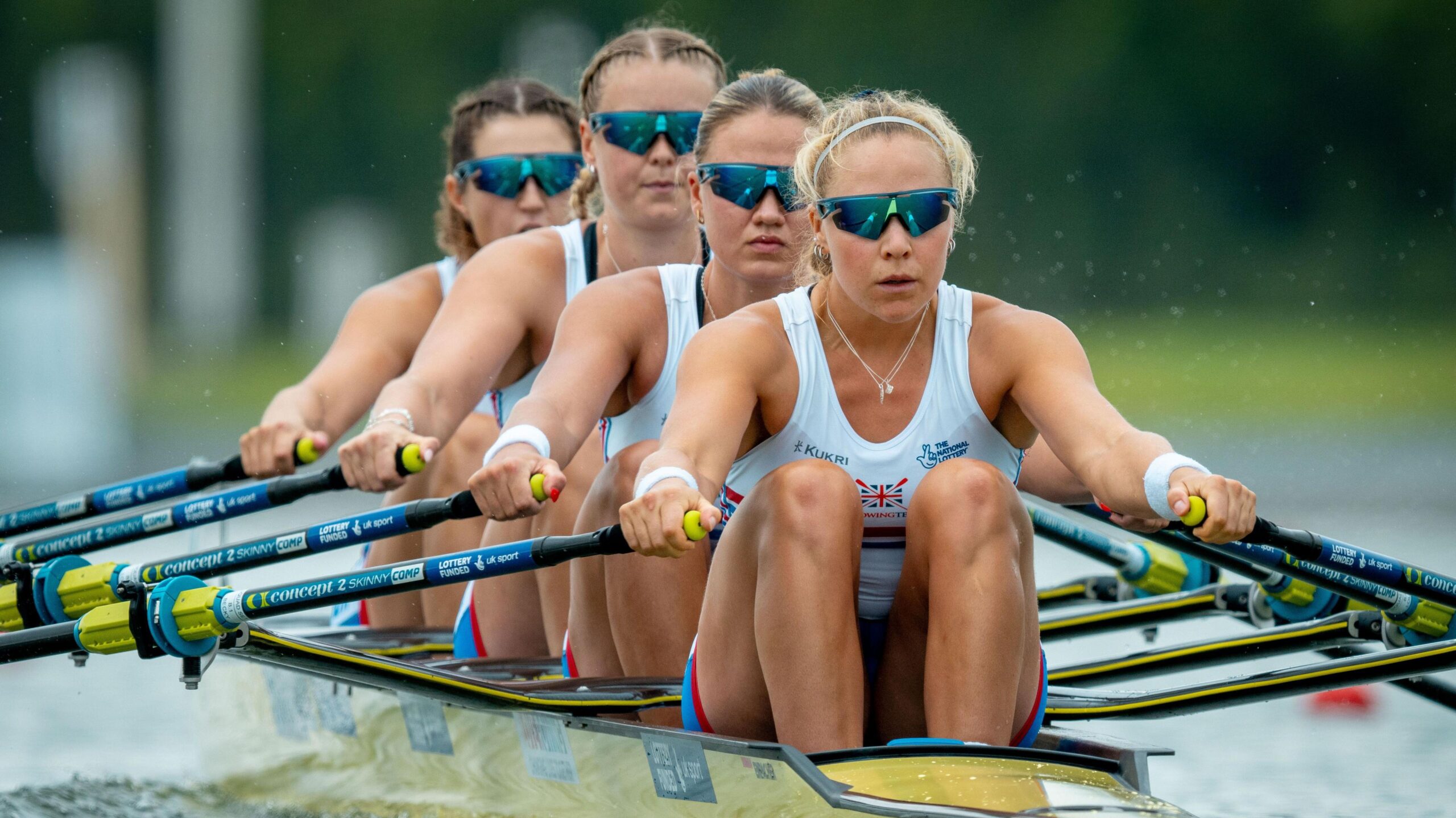Great Britain, the reigning world champion, won their heat on the opening day of competition in Shanghai, easing them into the final of the women’s quadruple sculls at the World Championships.
Hannah Scott and Lola Anderson made a second comeback from the boat that won the 2012 Olympic title in Paris last year after winning gold in Belgrade two years prior.
Becky Wilde and Sarah McKay have joined them.
This new GB quartet had to compete together for the first time due to illness and injury this season.
However, despite the new combination, training appeared to have gone very well, with Romania, Anderson, Wilde, and Scott all leading at halfway.
According to Scott, “It was a little bit like business as usual.”
“But the only thing that matters is the heat,” the team said.
We carried out the race plan we desired, and with that in mind, we have a very exciting platform to develop.
Scott’s first race since the almost 14-month-old Olympic final.
Because this is my first race of the season and I’m having such a short season, I feel very free right now, just watching what happens and going with it.
It was very nice to see a fellow Northern Irish woman competing in a heptathlon last night at the world athletics and just enjoying herself and setting personal bests, which is really cool.
I took that outside today because I thought, “Well, there’s no pressure, it’s just about enjoying it.”
The Olympic final in Paris featured a race for the ages, with GB triumphing over the Netherlands in the decisive decision to claim gold.
The GB men’s quad, consisting of Cedol Dafydd, Callum Dixon, Matthew Haywood, and Rory Harris, have had a fantastic season, winning the World Cup in Lucerne and dominating the second half of their heat to advance to Tuesday’s semi-finals.
Ireland’s Ronan Byrne, Brian Colsh, Adam Murphy, and Andrew Sheehan were unable to qualify.
Great Britain’s women’s pair performs a new combination, and Lizzie Witt and Jade Lindo did just that, placing third in their heat behind Serbia and Chile and quickly claiming one of the six fastest-loser spots in the semi-finals.
Lindo first became a rower after being introduced to the Twickenham Boat Club’s GB Start pathway through the Discover Your Gold talent ID program. When Wittt visited Eton Dorney for the 2012 Olympics, she was inspired to pursue the sport. She is beginning her first full-time rowing season.
Emily Hegarty and Aoife Casey, both from Ireland, were unable to advance.
With 250 meters to go, James Vogel and Harry Geffen were in command of the men’s pair as they stooped off the start.
Sweden and the seasoned Spanish duo Jaime Canalejo and Javier Garcia later caught the Leander club duo.
Third place was a long, anxious wait, but they made it to Tuesday’s semi-finals as one of the quickest non-automatic qualifiers.
After finishing second behind Romania in their heat, the County Fermanagh duo of Ross Corrigan and Nathan Timoney, both from Ireland, made it through as an automatic qualifier.
related subjects
- Northern Ireland is a sport
- Rowing
Source: BBC

Leave a Reply